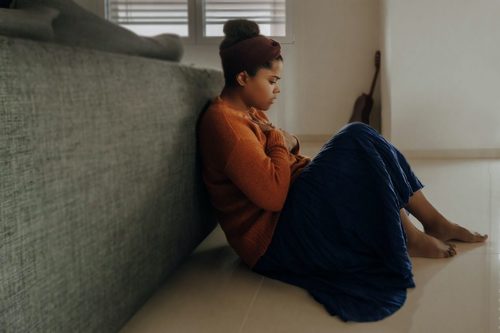Mental health conditions have become a huge talking point in this day and age, with terms like depression and anxiety rolling off the tongue around many a dinner table and even within boardrooms.
While many of us may experience feelings of anxiety and depression, a large group of us are experiencing mental health conditions to the degree that it affects our lives and livelihoods.
Overall, South Africa scored the lowest mental health average in the Mental State of the World report. 34 countries around the world are measured by this report.
What contributes to unaddressed mental health conditions?
- Unemployment – when people are unable to take care of the needs of their families, they often suffer from mental health conditions like depression. In the first quarter of 2023, unemployment was recorded at 32,9%, which is an increase of 0,2% compared to the fourth quarter of 2022.
- Underpay – even when we are employed, many times the salaries don’t coincide with inflation and the constant rise in interest rates.
- Loadshedding – with the increased rush to get things done before Eskom cuts our power, South Africans often feel like there are not enough hours in a day or like we don’t have control over our lives.
According to health economists, mental health conditions are costing the economy around R161 billion a year
This study conducted by health economists was done with employed people, which tells us that the number is even more inflated in reality.
The number was calculated looking at absenteeism (the number of people who took off from work as a result of dealing with mental health conditions), presenteeism (the number of people who are at work, but unwell and unproductive as a result of mental health conditions), and premature mortality (relating to suicide and health conditions leading to mortality that are directly related to mental health conditions).
According to Moneyweb, the mental health crisis could cost the global economy a whopping $16 trillion by 2030.
If you need help managing your mental health, contact the South African Depression and Anxiety Group (SADAG) for support.
ALSO SEE:
Feature image: Unsplash

